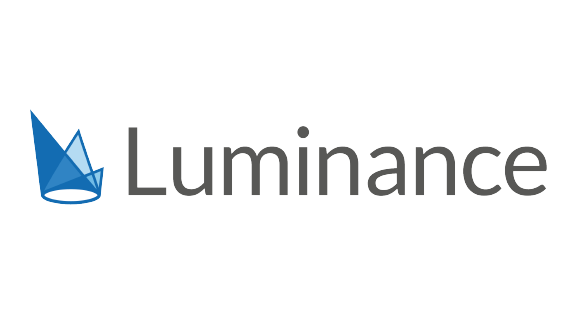

-19 October 2020- Covid-19 has accelerated the legal industry's adoption of technology, and very few lawyers see themselves going back to their former working styles according to a new report published today.
In the face of new challenges such as lack of access to physical documentation and the inability to have face-to-face interaction with colleagues, lawyers no longer view legal technologies as just ‘nice-to-haves’ but as key to the future of their organisation and profession. Remote working has resulted in greater use of technology and awareness of the power of advanced technologies such as AI.
The Impact of Technology and Covid-19 on the Legal Profession is a new report from Luminance, the leading artificial intelligence platform for lawyers. The report brings together data from a survey of over 100 legal professionals alongside in-depth interviews with a variety of senior lawyers from leading British law firms. It provides insights into the way that lawyers’ attitudes towards technology have changed since the beginning of the pandemic and explores how Covid-19 has impacted people’s working habits, mental wellbeing and outlook on the sector.
Commenting on the impact of the pandemic on the industry Simon Davis, immediate past President of the Law Society, said:
“2020 marks an inflection point in the modernisation of the legal sector. In keeping with other businesses, Covid-19 has forced our entire industry to embrace innovation and shifted attitudes towards both technology and more flexible ways of working. Discussions around changing working patterns and digitising processes that had been listed on the boardroom agenda for years have been implemented in a matter of weeks.
“Alongside reconfiguring physical workspaces business leaders are now having to reimagine their operating models to ensure that their business is using, or in some cases developing, technology, and artificial intelligence, in particular, that will continue to have a transformative effect on future legal practice.”
Key findings from the report include:
-Covid-19 has catalysed technology adoption in the sector. Every lawyer surveyed said that their firm had introduced new technologies to cope with Covid-19 challenges, with many lawyers specifically naming collaboration tools and document review technology as recent integrations. 65% of respondents felt legal technology made remote working easier, which in turn led to 40% of lawyers having used a new technology which they had never previously used.
-The vast majority of lawyers are in agreement that artificial intelligence represents the next evolution in the field of law, with three quarters of respondents either agreeing or strongly agreeing that AI and machine learning will play an important role in the legal industry in the future.
-Faced with a recession, lawyers are turning to technology to help drive efficiencies. Over 80% of Partners and General Counsels said that a decrease in client budgets was the biggest challenge posed by Covid and as such over 70% view time-savings as a key driver in their adoption of technology.
-In an industry famed for long working hours, flexible working has helped many lawyers to find a better work-life balance. 60% of respondents feel they have benefited from an improved work-life balance since remote working began.
Clementine Fox, Head of Account Management at Luminance, said:
“It is not an understatement to say that we are currently undergoing a technological revolution in the legal industry. Having seen a 30% increase in our customer base since the start of 2020, this report supports our experience that, in the face of new challenges, lawyers are turning to technology and increasingly recognise that artificial intelligence is key to the future of their organisation and profession.”
About Luminance
Luminance is the leading artificial intelligence platform for the legal profession. Founded by mathematicians from the University of Cambridge, Luminance has developed the Legal Inference Transformation Engine (LITE), the first true application of machine learning to the legal industry, combining pattern-recognition technology with supervised and unsupervised machine learning to read and understand human language. Luminance is used by law firms and in-house teams in over 50 countries around the world to improve processes such as due diligence, contract negotiation, regulatory compliance reviews, property portfolio analysis and eDiscovery. The company has offices in London, Cambridge, New York and Singapore.
Please complete the form below and we will contact you to arrange a demo of Luminance.
Complete the form below to receive a copy of the selected white paper
We will be in touch with you soon.